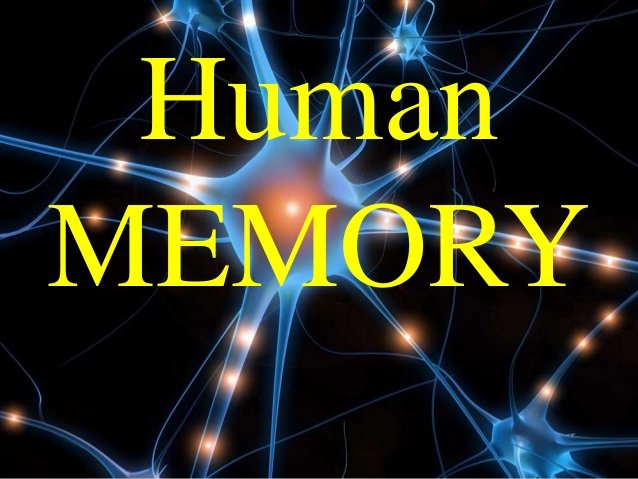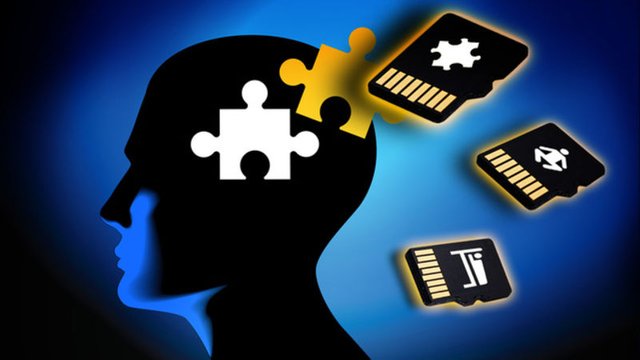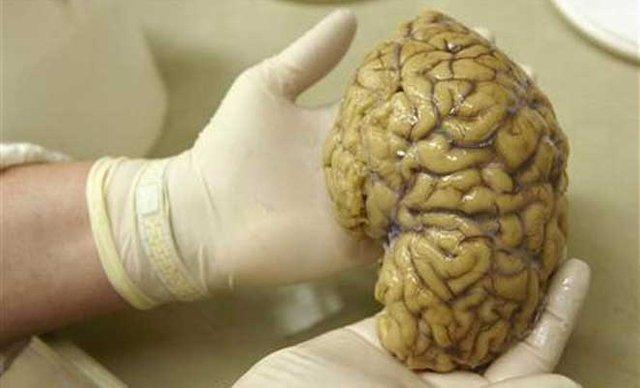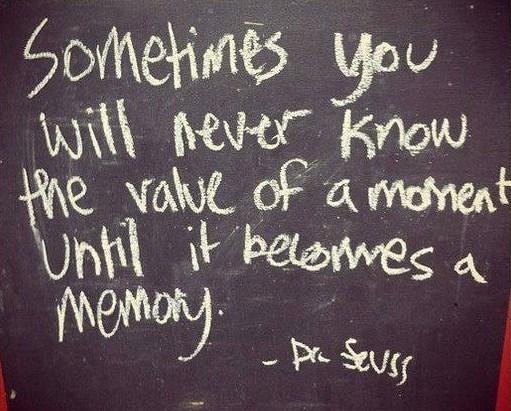How Human Memory Works?
How Human Memory Works?

Image Source
Memory is the essential representative faculty or power of the mind. Creative energy relies on memory for its material, as we might see when we consider that faculty. Each mental procedure which includes the recognition, recollection, or portrayal of a sensation, perception, mental image, thought, or idea already experienced must rely on memory for its material.
Memory is the considerable storage facility of the mind in which are set the records of past mental encounters. It is a piece of the immense subliminal field of mental movement, and most of its work is performed beneath the plane of cognizance. It is just when its outcomes are passed into the field of cognizance that we know about its reality.
We know memory just by its works, of its inclination we know close to nothing, albeit sure of its central laws and principles have been found. It was once in the past standard to class memory with the different resources of the mind, however later psychology never again so thinks of it as. Memory is currently viewed as a power of the general mind, showing regarding each faculty of the mind.
It is currently viewed as having a place with the considerable intuitive field of mentation, and its clarification must be looked for there. It is absolutely unexplainable something else.
The significance of memory can't be overestimated. Not exclusively does a man's character and training depend mostly upon it, yet his exceptionally mental being is bound up with it. In the event that there were no memory, man could never advance mentally past the mental condition of the infant angel. He could never have the capacity to benefit by involvement.
He could never have the capacity to shape clear perceptions. He could never have the capacity to reason or shape judgments. The procedures of thought depend for material upon the memory of past encounters; this material lacking, there can be no thought.

Image Source
Two Important Functions of Memory
The retention of impressions and encounters
The reproduction of the impressions and encounters so held
It was in the past held that the memory held just a part of the impressions and encounters initially noted by it. In any case, the present hypothesis is that it holds each impression and experience which is noted by it. Beyond any doubt large portions of these impressions are never repeated in awareness, yet tries have a tendency to demonstrate, by and by, that the records are still in the memory and that fitting and adequately solid jolts will bring them into the field of cognizance.
The phenomena of somnambulism, dreams, mania, insanity, approach of death, and so forth., demonstrate that the intuitive mind has a huge amassing of clearly overlooked certainties, which bizarre jolts will serve to review. The power of the memory to repeat the held impressions and encounters is differently called recognition, recollection, or memory.
This power differs tangibly in different people, yet it is a saying of psychology that the memory of any individual might be produced and prepared by training. The capacity to review depends, all things considered, upon the clearness and profundity of the first impression, which thusly relies on the level of consideration given to it at the season of its event.
Recollection is likewise extraordinarily supported by the law of association, or the principle whereby one mental actuality is connected to another. The more actualities to which a given certainty is connected, the more prominent the simplicity by which it is reviewed or recalled. Recollection is additionally extraordinarily helped by utilize and work out. Like the fingers, the memory cells of the cerebrum wind up noticeably master and productive by utilize and exercise, or hardened and wasteful by absence of the same.

Image Source
Two Important Phases of Memory
Recognition of the repeated impression or experience
Localization of the impression, or its reference to a pretty much unmistakable time and place.
The recognition of the reviewed impression is very vital. It is insufficient that the impression be held and reviewed. In the event that we are not ready to perceive the reviewed impression as having been experienced some time recently, the recollection will be of however little use to us in our thought forms; the reasons for thought request that we might have the capacity to distinguish the reviewed impression with the first one.
Recognition is truly re-cognition, re-knowing. Recognition is much the same as perception. The mind ends up noticeably aware of the reviewed impression similarly as it ends up noticeably aware of the sensation. It at that point perceives the connection of the reviewed impression to the first one similarly as it understands the connection of the sensation to its question.

Image Source

I've always been intrigued by neuroscience and so this is especially interesting to me! Thanks for sharing about the human memory! @juvyjabian
Upvoted
Its a huge topic and Im just trying to break it bits by bits. Thanks for reading.
Nice article. Memory is a fascinating topic. You can find many articles about memory techniques on my profile. I post new ones every day.